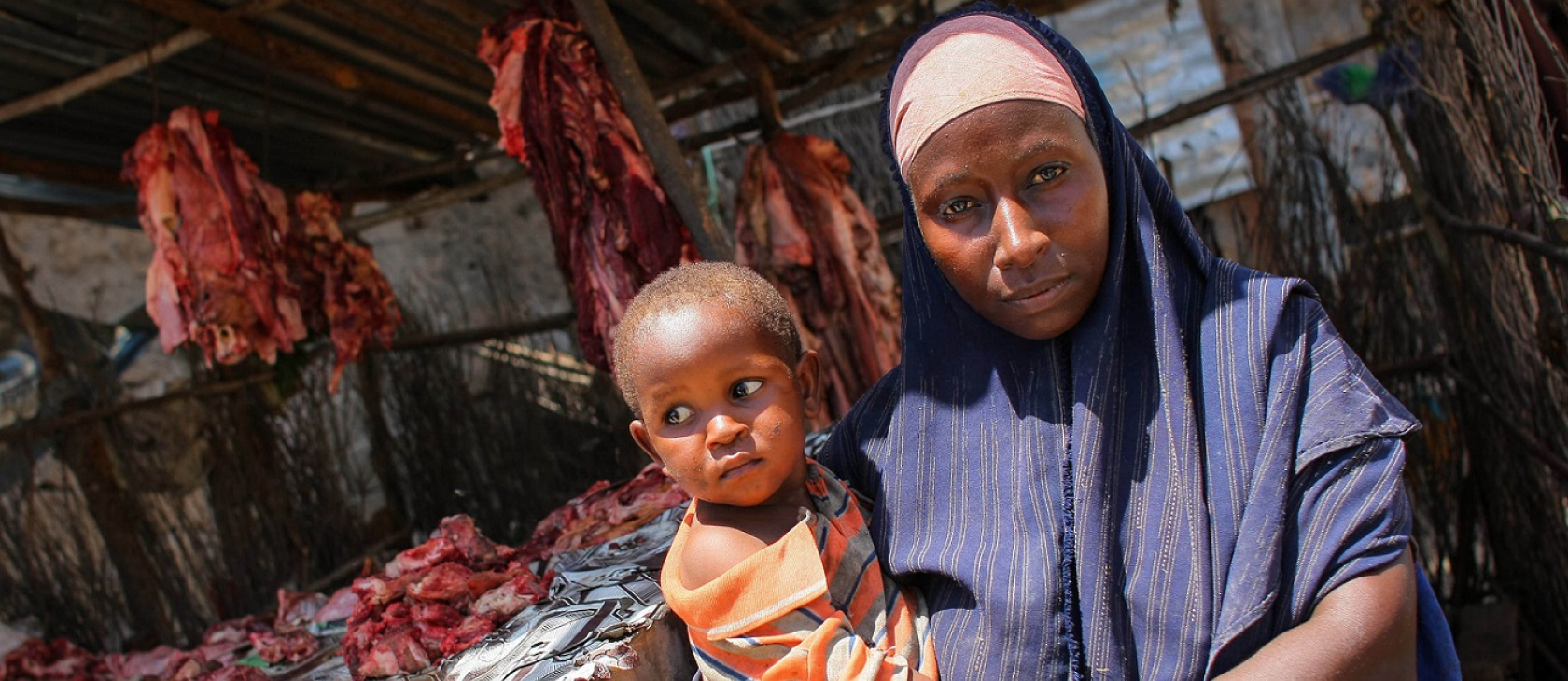Why have nations like Hong Kong and Singapore risen to become global economic powerhouses, while resource-rich African nations remain mired in poverty? Abir Doumit, an economist at George Mason University, has identified six pillars capable of lifting a nation to prosperity, no matter where it starts.
One of the most important is a small government. “If sustainable economic growth is the goal, there is no substitute for an overall policy agenda of a small state, open markets, stable money, property rights, and deregulation,” she says in a new video for the Center for Freedom and Prosperity (CF&P) Foundation.
Using the Fraser Institute’s annual report on the Economic Freedom of the World, she contrasts the bustling Asian tigers’ economic openness with impoverished African states where corruption and instability reign.
Chile, which until recently followed neoliberal economic policies, illustrates the power of policy to enrich a formerly struggling people. Capitalists in Santiago, instructed by Milton Friedman personally, took a profoundly different trajectory from Venezuela, where socialist policies have hungry families breaking apart just to survive.
CF&P’s conclusions hold true regardless of the size or status of the nation. In original research that he shared with Acton readers, Richard Teather analyzed Eurostat data and found that EU nations with less government spending and lower taxes created more jobs. (The Institute of Economic Affairs (IEA) in London released a six-part video series on similar themes, encapsulating a book by Dr. Eamonn Butler of the Adam Smith Institute.)
Americans have a vested interest in keeping this narrative straight. International organizations such as the UN and the OECD cite the U.S. and UK as proof that high taxes and economic regulation lead to human flourishing. Doumit corrects the historical record:
The Western world became rich when government was very small. As you can see, government spending in Western nations consumed only about 10 percent of GDP back in the 1800s and early 1900s, when those countries became rich. And there was little to no redistribution spending until even later.
In other words, countries like the U.S. became rich first, and then adopted policies such as welfare states and income taxation. The international bureaucracies want the opposite approach…
There is no nation anywhere in the world that has become rich with big government.
Restricting government’s scope and power allows society to develop spontaneously and organically, engaging the gifts of every citizen instead of the diktats of the few and powerful.
Doumit, who hails from Lebanon, knows personally that just limiting government is not enough, especially if it undermines the rule of law. Hezbollah is more powerful than the Lebanese army – or, according to Israeli officials, stronger than any Arab army. That kind of power can drag Lebanon’s historically industrious and hardworking population, especially its beleaguered Christian community, into wars they never desired.
That points to a deeper, unarticulated reality: The six policies Doumit emphasizes must rest upon the pillar of a healthy culture. A healthy culture, in turn, is the byproduct of an uplifting worldview – or a philanthropic religion – that makes human flourishing its natural outgrowth.
You may view her video below:




